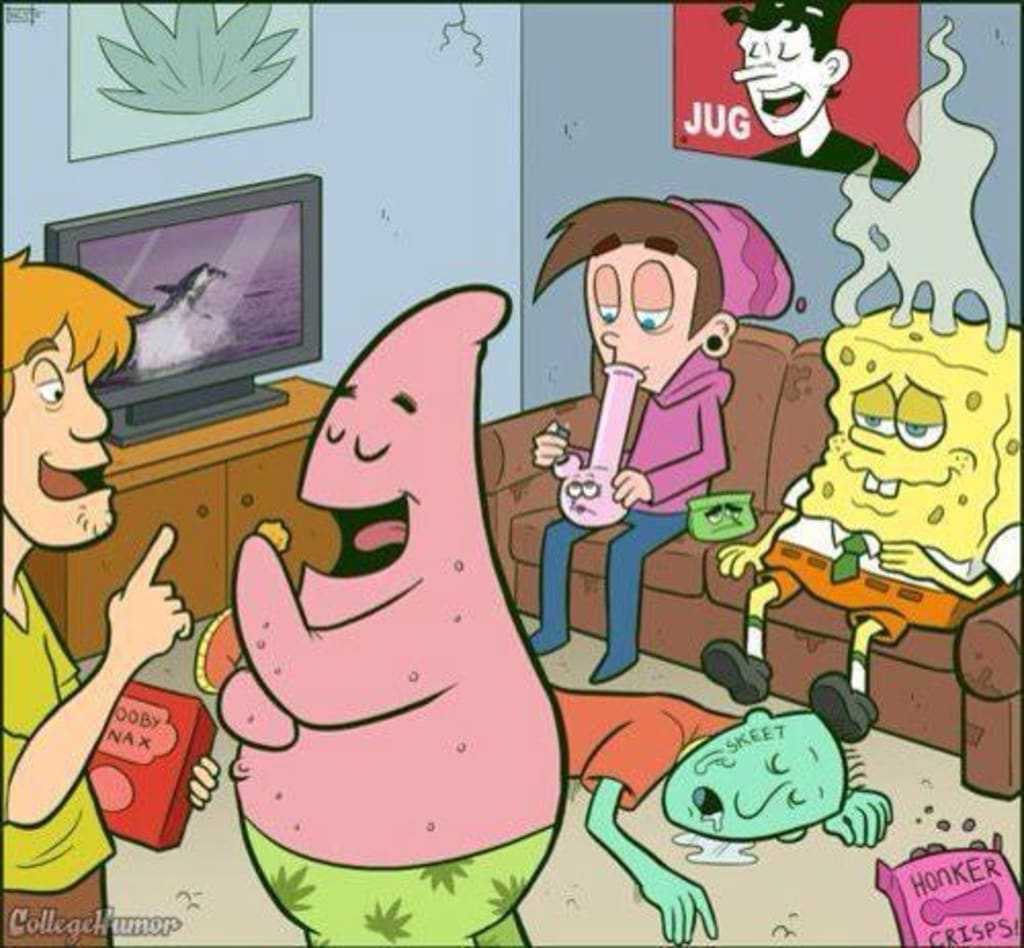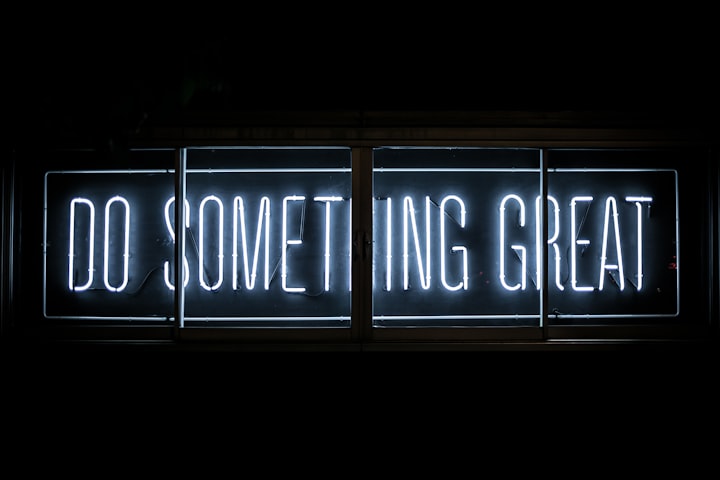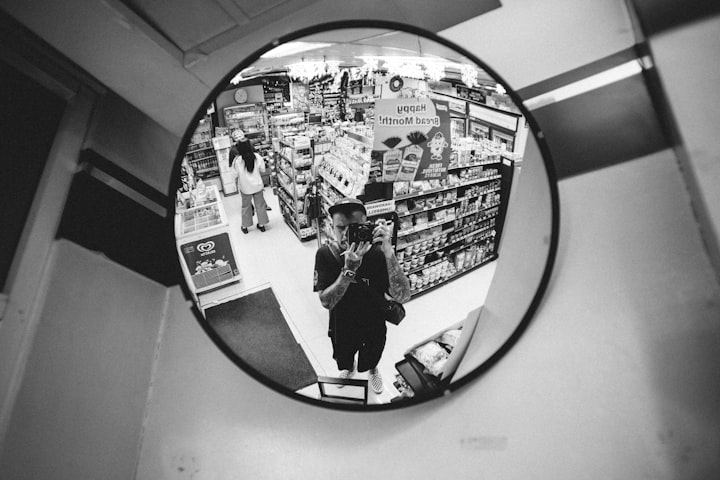
I started smoking weed in the ninth grade. My first time was not long after my 14th birthday, I smoked using a makeshift pipe made from a pop can. This first time, the effects were little to none so I tried again a couple of weeks later on Halloween night. This time my experience was very different. I smoked out of a regular pipe, coughing so much, drool was hanging out of my mouth during each attempt to smoke. Eventually time started to feel like it was going very slowly and I felt almost as if I was in a dream. Shortly afterwards, while walking down a path, I was watching the movement of the ground as I walked. The ground began to spin faster than I could keep up to, and next thing I knew I found myself laying on the ground. I stood up confused as to what had happened and ran over to catch up to my friends. The rest of the night went by very slowly until I eventually made my way back home to sleep.
The few times I've smoked weed after this experience, I have similar psychedelic-like symptoms, not normally associated with weed. One of the times I even cried because of how intensely I was hallucinating. I am still not sure to this day what caused this reaction in me. This went on for awhile and eventually the effects I would experience stopped producing hallucinations, but still created feelings of being in a dream like state, paired with lots of laughter. At this time I smoked weed maybe once a month, for the first year or so, and gradually increased my use. By eleventh grade I was using almost daily, however with more common effects. The entire time I kept this secret from my parents, and when i was confronted about being high or smoking in the house, I just met their response with denial since I knew there was no way to "prove" it. I thought that no one had a right to tell me I shouldn't be smoking since I did not let it affect my ability to attend work and school. Plus cannabis has all these amazing benefits no one spoke about. All everyone wanted to discuss was the negative impact in which I viewed myself as living proof of being bullshit. I thought that if I continued to keep up the same average in school while being "stoned" I could shatter the "lazy stoner" stereotype I was fed by my parents. This pattern of use may not have effected my grades or ambitions, but looking back it did effect by ability to develop a healthy relationship with own thoughts, and emotions.
I never planned on being a "stoner" my whole life, I just didn't want to deal with high school and jobs that didn't spark inspiration in me. Then again, I didn't know what did. At this time I was set on going to college to become a RPN (registered practical nurse). I chose this because it met my goals of providing a service to benefit others, and only required two years of additional schooling to be able to get in the field. But by grade 12, I questioned this career choice. Was I passionate about doing the work? The answer was no. But what was I passionate about? I liked studying drugs but didn't think I had what it takes to get a PhD. I liked smoking weed. But what kind of post-secondary education would help me get into that field? Weed is a plant. So maybe there was something relevant I could do with that. I did some research and came across Naturopathy. Naturopathy is "similar" to a doctor, however, it works with plants and other "natural healing practices" rather than the pharmaceutical industry. And as a bonus you're able to prescribe weed. I immediately looked up what it takes to get in and found that I needed a bachelor degree with specific courses such as organic chemistry, and biology which are required to get me into a specialized school for naturopaths. This was also a perfect opportunity to prove to my parents that weed doesn't make people lazy and unproductive. So this brings us to my journey through university.
I began with taking a Bachelor of Sciences in psychology since I held interest in the field and it allowed me to still take the required courses for naturopath school. During my time in university, my cannabis habit significantly decreased (from multiple times a day, to once a day with the odd week or so off), while I ended up developing a growing passion for psychology and other humanities. My Bachelor of Sciences then turned into a Bachelor's in arts. I ditched my goal of becoming a naturopath and was again left unsure of what my end goal would be. But I knew that as long as I enjoyed what I was learning, which I very much did, things would fall into place in due time. And that they did. My passion for studying drugs grew, as did my passion for social services. Eventually I found myself applying to a post-graduate certificate in addictions and mental health, where I became immersed into the harm reduction philosophy. It completely blew me away to find that the beliefs I've held all this time were evidence-based practices. My teenage rebellion that focused on proving my parents wrong about anti-drug propaganda, blossomed into a passion for fighting stigma surrounding substance use. Throughout this time I also managed to build a healthier relationship between myself and my cannabis use, which has greatly impacted the relationship I have with myself and those around me today. For me this consists of three or four days a week of not consuming any psychoactive cannabis products.
I guess the message I am trying to get across by sharing this story is that of fear vs facts. Not being transparent with your kid about substances is not only ineffective, but is more likely to impact their relationship to substances and yourself in a negative way. We live in a technological age where information is available at our finger tips. If you share misinformation or try to hide something from your kids they are likely going to find out sooner than later. With that being said, once your kids find out you lied about one thing, they will begin to question EVERYTHING. When it comes to substance use, I think the best way to avoid this is to communicate the facts and not to leave anything out. Of course it is important to underline the negative side effects of a substance, but it is just as crucial to communicate the benefits. If the benefits aren't discussed and they are discovered through experimentation alone, all the consequences discussed are likely to be dismissed. This goes far beyond substance use and touches on taboo topics like sexuality and even death. Being open and honest with your kids, no matter the age, is the best way to keep your kids safe and to build trust in your relationship with them. There is always appropriate ways to communicate the truth and trust me they are a lot more receptive than you may think.
Check out my piece on Self-Care & Substance Use here:






Comments
There are no comments for this story
Be the first to respond and start the conversation.